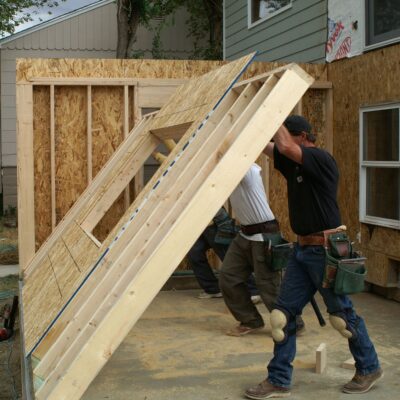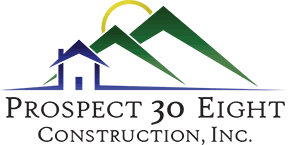BLOG
10 Accessory Dwelling (ADU) FAQs by Homeowners in Colorado


Here are the top 10 ADU FAQs
1. What is an Accessory Dwelling Unit (ADU)?
An Accessory Dwelling Unit, or ADU, is a secondary living space on a homeowner’s property. It can be attached to the main house or detached, and typically includes a living area, bedroom, kitchen, and bathroom. ADUs provide homeowners with an opportunity to create additional living space, rental income, or accommodate extended family.
2. Are ADUs allowed in Colorado?
Yes, ADUs are allowed in many cities and counties throughout Colorado. However, local zoning regulations may vary by area, so it is essential to check with your local building department for specific rules and requirements.
3. What are the benefits of building an ADU?
ADUs can provide homeowners with a range of benefits, such as additional living space, rental income, increased property value, and an opportunity to house extended family close by. ADUs also promote housing flexibility, sustainable living, and can meet the needs of a changing housing market.
4. How much does it cost to build an ADU?
The cost of building an ADU can depend on various factors, including size, design, location, and material choices. It is best to reach out to a trusted, experienced builder like Prospect 30 Eight Construction for a consultation and accurate estimate based on your unique situation.
5. How long does it take to build an ADU?
The timeline for building an ADU can vary depending on factors such as project complexity, permitting, and weather conditions. Generally, the process can take anywhere from several months to over a year. Prospect 30 Eight Construction will work closely with you to create a realistic timeline tailored to your project’s specific needs and goals.
6. Do I need a permit to build an ADU in Colorado?
Yes, building permits are typically required for constructing an ADU in Colorado. However, permit requirements may vary by city and county. Ensure you consult your local building department or work with an experienced builder like Prospect 30 Eight Construction to navigate the permitting process.
7. How do I finance the construction of my ADU?
Financing options can include home equity loans, personal loans, savings, or speaking to your mortgage lender about possible refinancing options. The professional team at Prospect 30 Eight Construction can guide you in exploring different financing solutions.
8. Can I rent out my ADU in Colorado?
In many cases, you can rent out your ADU. However, specific rules and regulations may vary depending on your local jurisdiction. It is essential to familiarize yourself with local rental rules and zoning regulations before moving forward with renting out your ADU.
9. What utility connections will my ADU require?
ADUs typically require connections to water, sewer or septic, and electric utilities. Connecting these utilities may depend on local codes and utility requirements. The team at Prospect 30 Eight Construction will coordinate with local authorities and utility companies to ensure connections are made correctly and efficiently.
10. Why should I choose Prospect 30 Eight Construction to build my ADU?
Prospect 30 Eight Construction has over a decade of experience in building custom homes, home additions, and ADUs in Colorado. We emphasize clear communication, quality construction, and outstanding customer service. With a commitment to honesty, transparency, and your satisfaction, we will make your dream of a beautiful, functional ADU a reality.
Ready to start your ADU project? Since 2006, Prospect 30 Eight Construction has been building top-quality custom homes, home additions, and Accessory Dwelling Units (ADUs) throughout the Denver Metro Area and the Front Range. If you have any questions, please contact us for a free consultation.







